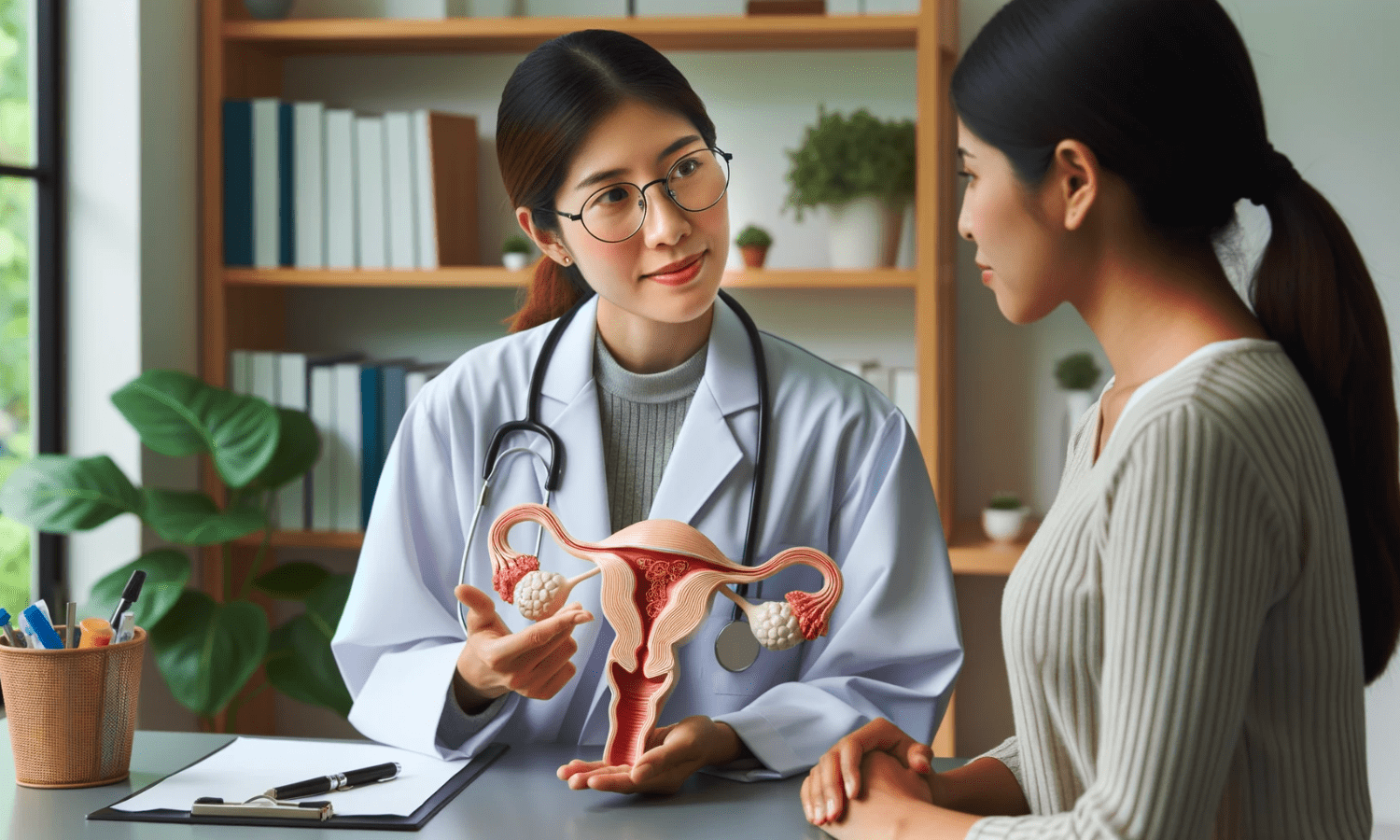The Top 5 Myths About Uterine Fibroids
Uterine fibroids are a common health concern among women, yet they are shrouded in misinformation. These benign growths can create unnecessary fear and anxiety. That’s why it’s essential to debunk the prevalent myths surrounding uterine fibroids, to foster a clearer understanding and encourage a proactive approach to managing this condition.
Myth 1: Uterine Fibroids Are Always Cancerous
One of the most alarming misconceptions is that uterine fibroids are cancerous. However, this couldn’t be further from the truth. Uterine fibroids, also known as myomas or leiomyomas, are noncancerous growths that develop in or on the uterine wall. They are the most common type of benign tumor in women of reproductive age, not a form of uterine cancer.
Myth 2: Only Older Women Get Uterine Fibroids
Many people believe that uterine fibroids are a concern only for older women. However, fibroids can occur in women of all ages, especially during their reproductive years. They are most common in people between 30 and 50 years old, but even younger women in their 20s can develop fibroids, particularly among certain demographics like African-American women.
Myth 3: Uterine Fibroids Always Cause Severe Symptoms
The symptoms of uterine fibroids can vary widely from person to person. While some individuals may experience significant discomfort, heavy menstrual bleeding, or frequent urination, others might have fibroids and remain asymptomatic. The size and location of fibroids play a crucial role in the severity of the symptoms. Small fibroids often don’t cause any symptoms and may not require treatment, while larger fibroids can lead to noticeable discomfort2.
Myth 4: All Uterine Fibroids Require Surgery
The notion that all uterine fibroids necessitate surgical intervention is a common myth. The reality is, the treatment approach is highly individualized. Some fibroids may not require any treatment, while others can be managed with medication. Surgical options like hysterectomy or myomectomy are typically considered when fibroids cause severe symptoms or when other treatment methods have not been successful.
Myth 5: Uterine Fibroids Lead to Infertility
A concerning myth is that uterine fibroids invariably lead to infertility. Although fibroids can potentially cause fertility issues, many women with fibroids can still conceive and carry a pregnancy to term. It's essential to consult with healthcare professionals to understand the relationship between fibroids and fertility, and to explore the available treatment options if you're planning to conceive.
Ready to Take the Next Step?
Debunking these myths surrounding uterine fibroids paves the way for better understanding and management of this common women’s health issue. Knowledge is empowering—being well-informed about uterine fibroids can alleviate anxiety and enable individuals to take proactive steps towards managing their health. Should you have any concerns or questions about uterine fibroids, our specialists at Indiana Vascular are here to help. Schedule an appointment with us today, and take the first step towards a better understanding of your health and available treatment options.
References
Cleveland Clinic. (n.d.). Uterine Fibroids: Causes, Symptoms & Treatment. Retrieved from Cleveland Clinic

